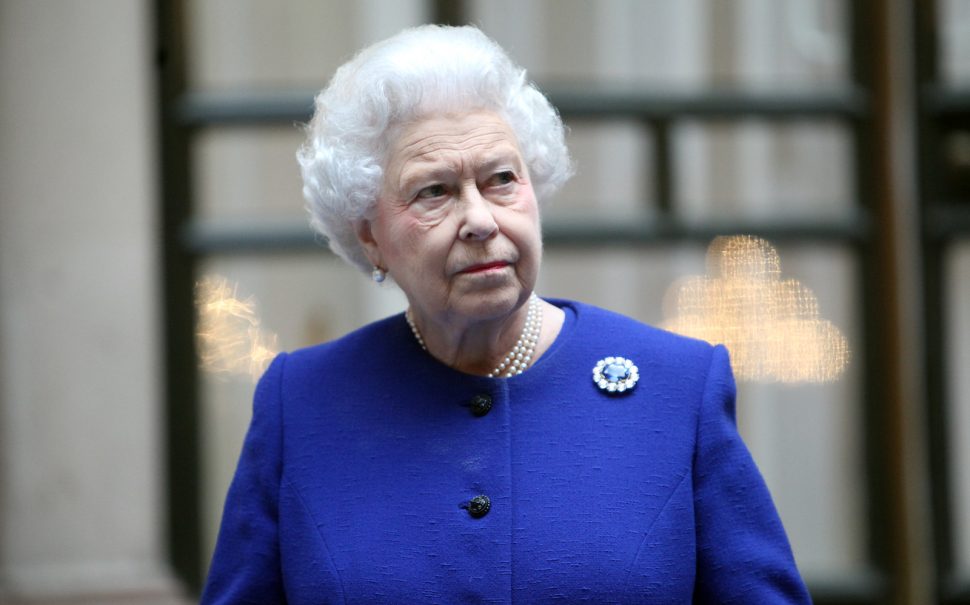Queen Elizabeth II died today aged 96 at Balmoral in Scotland. There is a specific and meticulous plan in place for what happens now: Operation Unicorn.
Many of the details of Operation Unicorn will be the same as the London Bridge protocol, but with some tweaks.
Firstly, the Scottish Parliament has been immediately suspended and authorities have 36 hours to prepare for a motion of condolence in the chamber.
The Queen’s body will be taken to Holyroodhouse where it will be laid to rest, and then be carried to St Giles’ Cathedral on the Royal Mile in Edinburgh.
Her body will later make the final trip home, with her coffin taken to the city’s Waverley Station and transported on the Royal Train to London.
If it is not possible to return her body by train, Operation OVERSTUDY will be triggered, meaning the coffin will be transferred by plane.
Prime minister Liz Truss and ministers will attend a reception to welcome the coffin.
It is expected that her funeral will take place in around ten days.
King Charles III will be proclaimed the new sovereign, tomorrow, likely at 10am at a meeting of the Accession Council at St James’ Palace.
Hundreds of privy counsellors, including Truss and senior ministers, will be asked to attend, with gentlemen expected to don morning dress or lounge suits with black or dark ties. No decorations are to be worn.
The proclamation will then be read at St. James’ Palace and the Royal Exchange in the City of London, confirming Charles as king.
Parliament will meet, likely tomorrow, to agree on a message of condolence and all other parliamentary business will be suspended for 10 days.
Once King Charles receives the motion of condolence at Westminster Hall, he will embark on a tour of the United Kingdom, starting with a visit to the Scottish parliament and a service at St. Giles Cathedral in Edinburgh.
The day of the state funeral will be labelled a “Day of National Mourning” which will be effectively a bank holiday, although it won’t be labelled as such.
The state funeral itself will be held at Westminster Abbey and there will be a two minutes’ silence across the nation at midday on the day of the funeral.
Processions will take place in London and Windsor.
There will be a committal service in St. George’s Chapel at Windsor Castle, and the queen will be buried in the castle’s King George VI Memorial Chapel.
Featured image: Foreign, Commonwealth & Development Office (CC BY 2.0)





